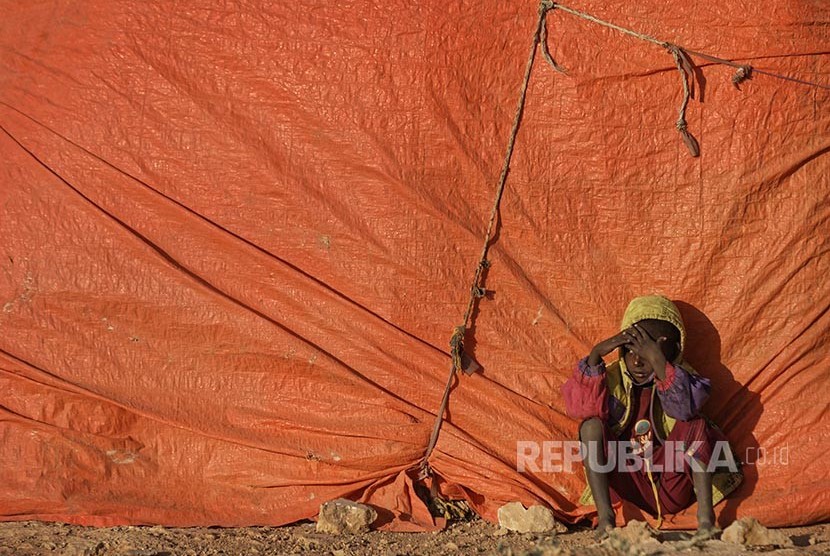REPUBLIKA.CO.ID, UNITED NATIONS -- The United Nations agricultural agency will be further scaling up its activities in drought-hit regions of Somalia thanks to a 22-million-U.S. dollar loan approved this week by the UN emergency response fund.
"More than 2.9 million people are at risk of famine and many will predictably die from hunger if we do not act now," the UN under-secretary-general for humanitarian affairs and UN emergency relief coordinator, Stephen O'Brien, said in a news release on Tuesday.
O'Brien is the head of the UN Office for the Coordination of Humanitarian Affairs (OCHA), which manages the Central Emergency Response Fund (CERF).
"CERF is one of the fastest ways to enable urgent response to people most in need," he said, adding that the loan will bridge a crucial gap and allow Food and Agriculture Organization (FAO) to immediately save lives and livelihoods of farmers and herders until additional funds from donors are received.
This effort is part of the international response to prevent another famine in Somalia five years after the previous one devastated the country.
Also read: Hunger kills at least 26 in Somalia's Jubbaland region
Across Somalia, 6.2 million people will face acute food insecurity through June 2017. Of these, nearly 3 million people are in Phases 3 (crisis) and 4 (emergency) of the five-phase International Phase Classification for Food Security (IPC), representing more than a two-fold increase from six months ago. Phase 5 is famine.
"Livelihoods are people's best defence against famine and this 22 million-U.S. dollar loan is critical to FAO's famine prevention and drought response in Somalia," said the FAO deputy director-general for programmes, Daniel Gustafson.
The grave humanitarian situation in Somalia was further aggravated by drought which pushed some to flee the country in February.
Since the start of the year, more than 3,770 Somali new arrivals have been recorded at Melkadida in Ethiopia, and acute malnutrition has been reported in around 75 percent of arriving child refugees.


